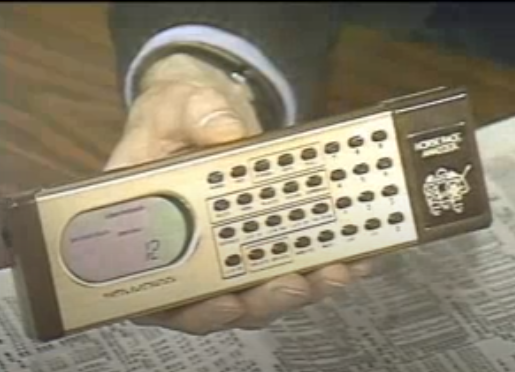Database managers often tested the limits of 1980s personal computers. For example, longtime Computer Chronicles contributor George Morrow faced an ongoing problem with the database he maintained to catalog his massive collection of 78 records. He told the final issue of the Morrow Owners’ Review that he’d been forced to abandon his own Morrow Designs MD11 because the old CP/M machine could no longer hold the database.
Morrow initially used a database manager called Personal Pearl, but after about 9,000 records or so, it “got severe hiccups.” So he moved to Ashton-Tate’s dbase II. But after he reached record 32,678 on that program, it “wrapped around on itself and destroyed records.” (This would be the dBASE equivalent of the Pac-Man level 256 kill screen.) Thankfully, Morrow managed to move the database to an MS-DOS machine and repair his data thanks to Norton Utilities, something he discussed in a previous Chronicles episode.
